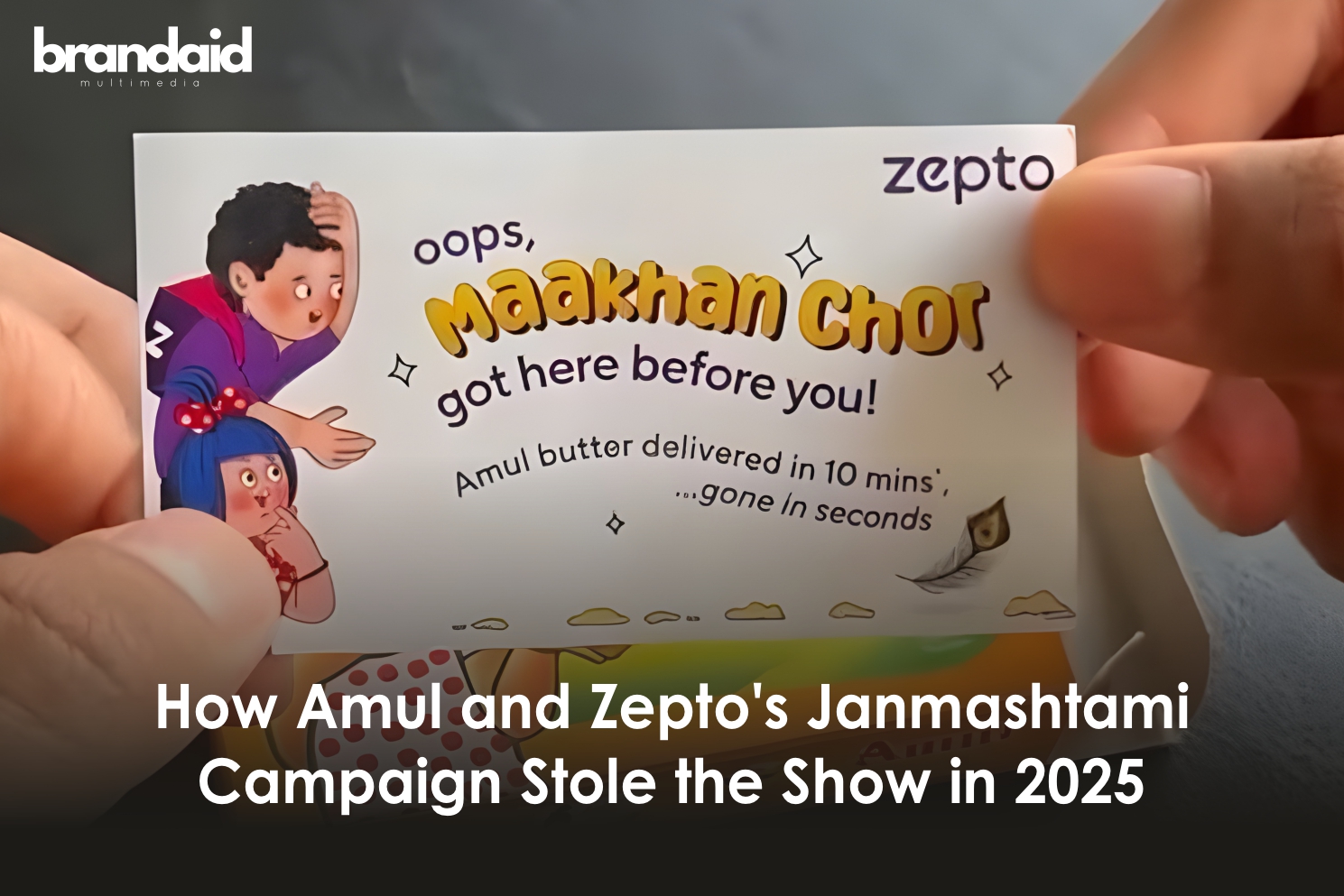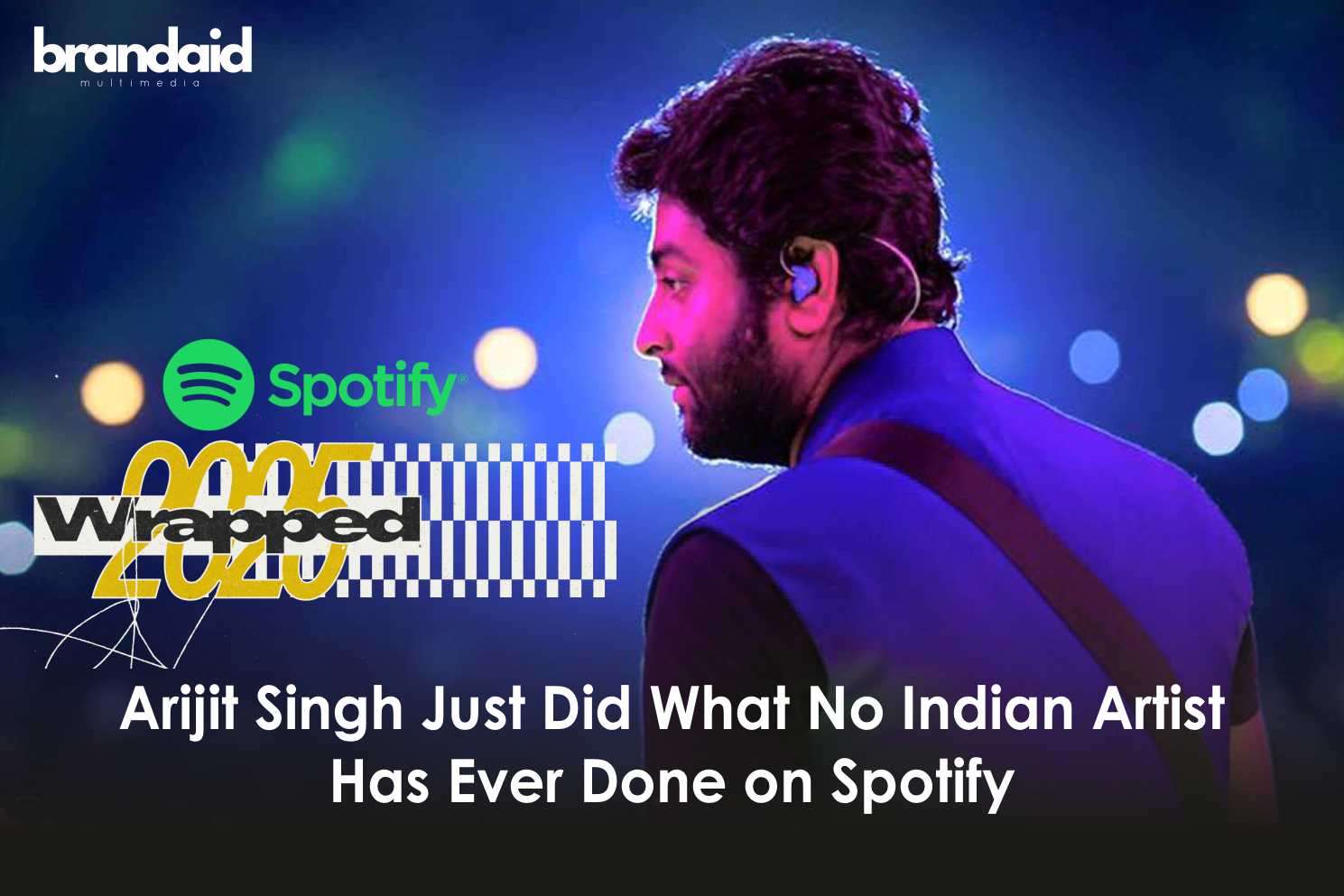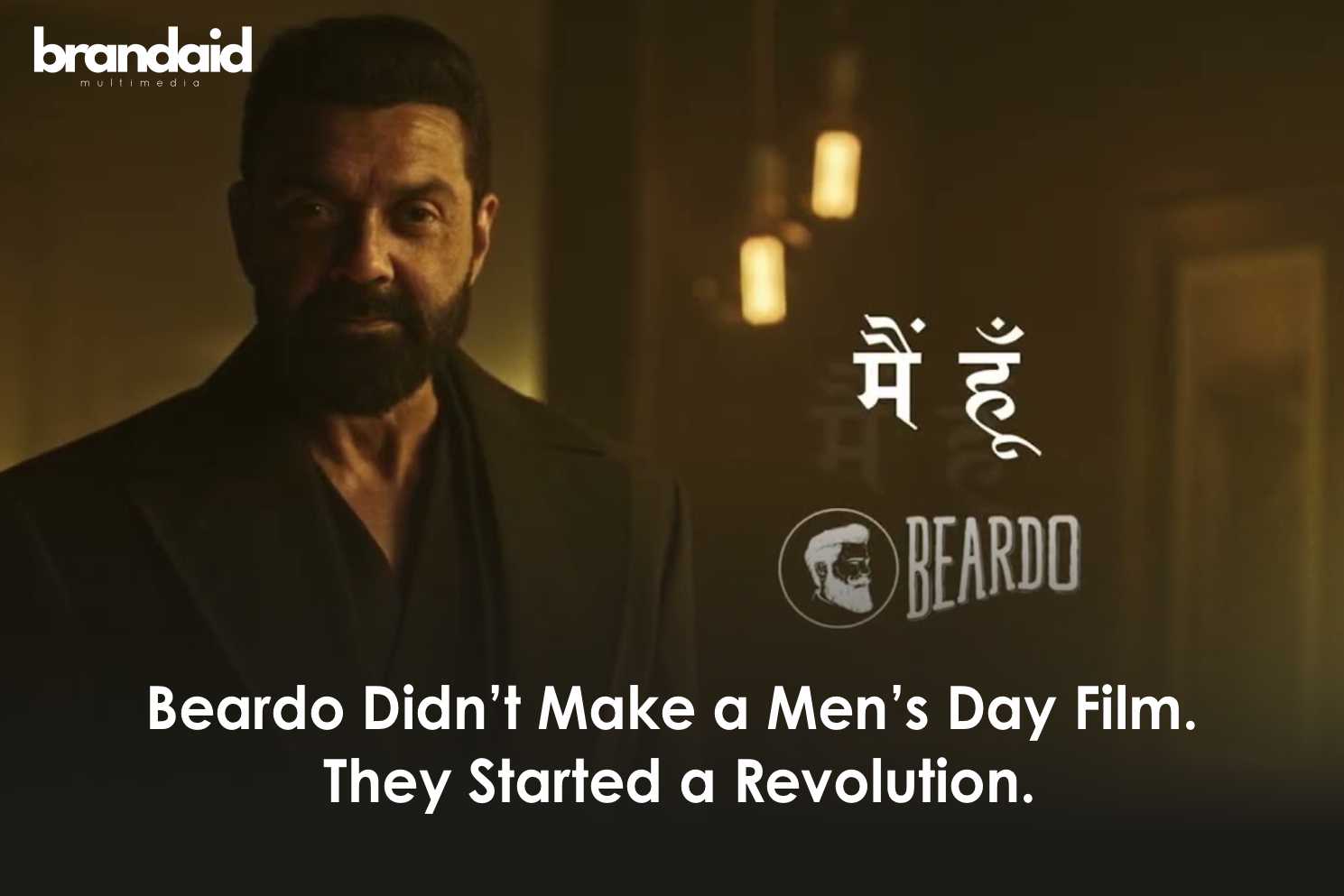A woman named Sherya opened her “free” Amul butter box during Janmashtami and found nothing inside. Her reaction video got 3.5 million views and turned an empty box into the smartest marketing campaign of 2025. Here’s how missing butter became one of the most talked-about festival marketing campaign of the year.
What Actually Happened
https://www.instagram.com/reel/DNZ6LiPooBw
During Krishna Janmashtami 2025, Zepto surprised customers with “free” Amul butter deliveries. When people opened the boxes, they found a card that said: “Oops, Maakhan Chor got here before you – Amul butter delivered in 10 mins, gone in seconds”.
The reference was to Lord Krishna, who’s famous for stealing butter in Hindu stories. Instead of butter, customers got a joke about the original butter thief.
Why People Loved Getting Pranked
This wasn’t random. Krishna is called “Makhan Chor” (butter thief) in Hindu mythology. Every Indian kid grows up hearing stories about young Krishna sneaking into homes to steal butter.
But Zepto made it real. They didn’t just talk about Krishna stealing butter. They actually “stole” it from their own deliveries.
The Numbers Show It Worked
Here’s what happened:
- 3.5 million views on one customer’s video
- Hundreds of people posted about their empty boxes
- Zero complaints about missing butter
- Massive positive comments on social media
Why Most Festival Marketing Campaign Fails
Most brands treat festivals like sale events. They add some traditional colors and push discounts. That’s it.
This campaign worked because:
- It respected the culture instead of using it
- It created an experience, not just an ad
- It surprised people in a good way
- It made customers want to share their experience
What Actually Made People Share
The woman who posted the viral video, Sherya, said: “I thought Zepto sent me free butter but instead I received this cute little card… and that surprise genuinely made me smile”.
That’s the key. She wasn’t upset about missing butter. She was charmed by the story.
Zepto’s team posted on LinkedIn: “Some of our Amul butter boxes were found empty. But we like to believe that these are blessed!”
They turned missing products into blessings. That’s smart.
Why This Beats Regular Campaign
Instead of showing ads about Krishna and butter, they let customers experience the story. People opened boxes expecting one thing and got something better – a connection to culture and a reason to smile.
The campaign generated more buzz than any regular ad could. Because it wasn’t advertising. It was storytelling that happened in real life.
What Other Brands Can Learn
Three things made this work:
- Know the culture: It’s important to study the culture of the festival to connect your campaign around it.
- Surprise beats selling: Empty boxes got more attention than full ones would have.
- Work together: The partnership let both brands do something neither could manage alone.
The Real Results
Beyond the viral videos, this campaign:
- Made both brands part of people’s festival memories
- Got customers to create content for free
- Received only positive feedback
- Got covered by multiple news outlets
Conclusion
Most brands scream about festival discounts. Amul and Zepto whispered a story that people wanted to hear.
They proved that good marketing doesn’t feel like marketing. It feels like culture, tradition, and a good story told at the right time.
The empty butter boxes worked because they were full of meaning.
And in 2025, meaning matters more than products.
Meaningful storytelling is the future and here’s another brand that does exactly that for their Raksha Bandhan Campaign:
Tanishq’s Rakhi Ad: A Case Study in Emotional Campaigns





